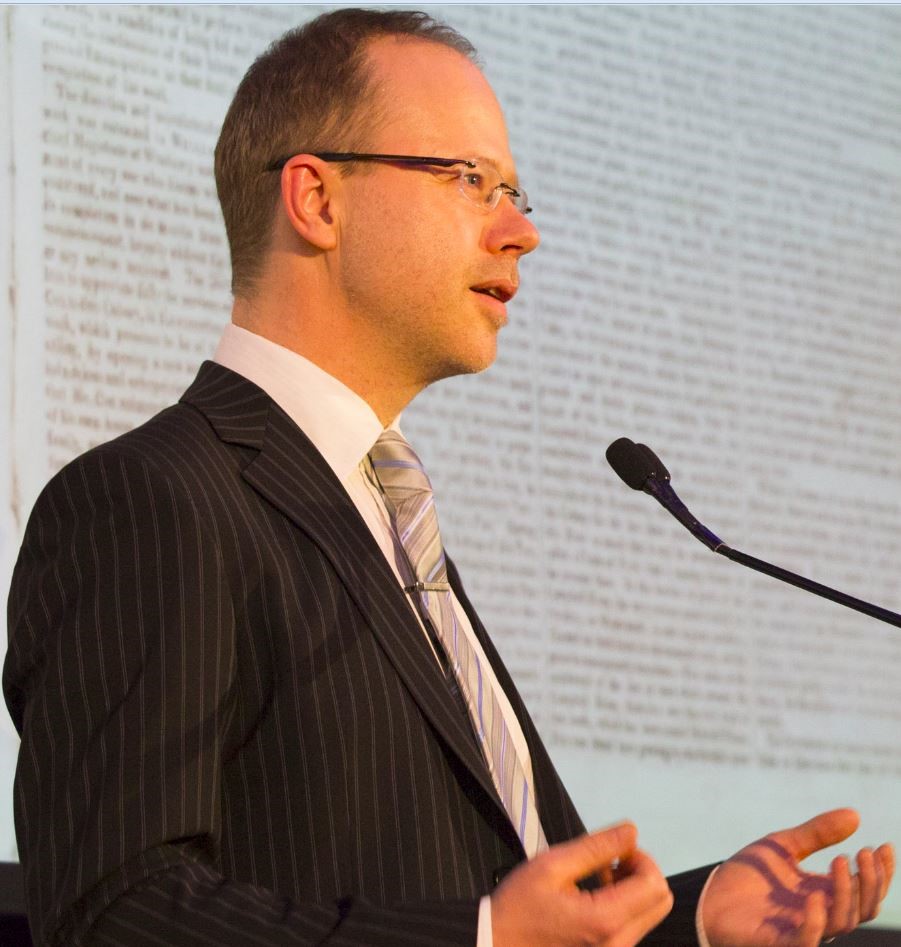My Ukrainian grandparents Nadia and Petro Olijnyk1 arrived in Australia with no money and no English language as post-war refugees in 1949. They gradually built a new life in Adelaide with their three children and Nadia’s mother Alexandra Anoshkina. Petro died in 2005 and Nadia in 2009, each in their mid-90s. They had lived through very hard times for many years and they had countless stories to tell, most of them recalling their pre-Australia past. One of the great gifts of my life was to have heard many of these throughout my childhood and right up to the time they died. Both grandparents were wonderful storytellers, but in very different ways. Although Petro was recognised as the primary and authoritative storyteller, it is my grandmother’s stories that I want to focus on here, and how one of them led me recently to track down and visit two wartime sites in Hildesheim, Germany — of the Trilke Werke prison labour camp and Hildesheim’s district hospital — in the hope of piecing together a family history that has been full of gaps and mysteries for me. My mother, who was central to the story, had maintained silence about it until recently. As it turned out, the sites themselves offered very little clarification; hardly any traces of their wartime history remained. But the search, and then being there, regardless that the places had been denuded of visible significance, triggered emotions, questions and investigations that led me to documents, diary entries, war archives and photographs relating to the locations, and these in turn released different kinds of insights and connections in the context of intergenerational memory and storytelling. The visit was a catalyst for an archive—incorporating present impressions and images as well as ‘scraps’ from the past—to begin taking shape.
My grandfather loved telling stories and holding an audience, typically in the kitchen which was the hub of my grandparents’ small South Australian Housing Trust home. Nadia would sit with him, listening and interjecting occasionally, but Petro would never allow her to take over. However, when he wasn’t with her she would sometimes tell her own stories and I was struck by how different they were from his. While Petro tended to tell eventful stories, in heroic mode, of triumph over adversity, against the backdrop of major events in the wider political arena, Nadia would focus more on smaller scale occurrences, on details of daily life, on their three children, on feelings and relationships between individuals and on personal setbacks and small successes. This, in part, reflected the nature of Nadia’s experience of hunger-stricken pre-war Ukraine, where her two sons were born, and wartime Germany and Poland where they were transported to become prisoners making up the workforce in labour camps; but it also suggested differences in approach that can be viewed in terms of gender. In content and delivery the differences were driven by cultural and historical factors operating both in the settings of the stories in wartime Europe and the domestic setting of the storytelling in Australia where traditional eastern European gender roles prevailed. However, this paper focuses not on Nadia’s storytelling but her story writing, something she began to do in her late 80s for the first time in her life.
[extract]
Arthur, Paul Longley. ‘Reclaiming the Past: Nadia’s Story,’ in ‘Displaced Women: Eastern European Post-War Narratives in Australia Life Writing,’ special issue, Life Writing 11, no. 4 (2014): 459-76. doi: 10.1080/14484528.2014.954978.






